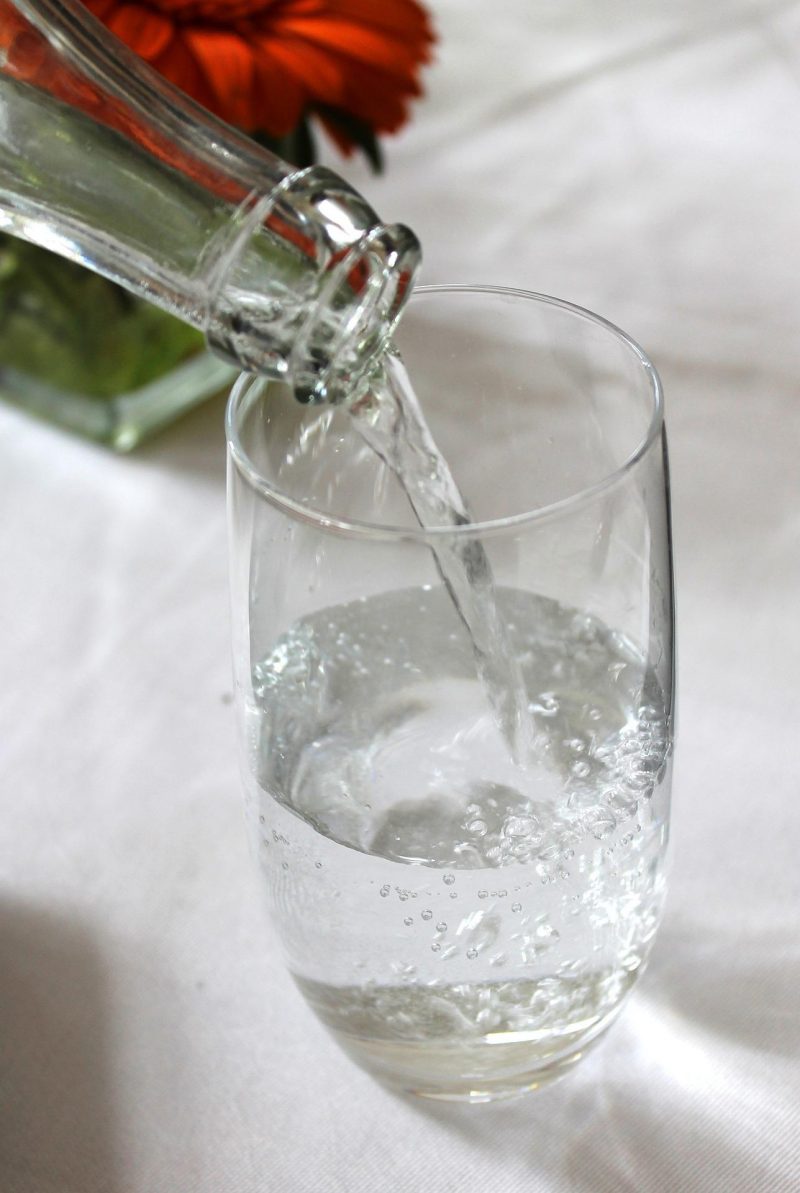 Eight glasses of water a day—this is the standard recommendation by health experts; however, not everyone knows why exactly this is the case. Since it has been our health mantra for the longest time, many of us would find it difficult to believe that it isn’t the truth. But how much water do we actually need to drink in a day exactly?
Eight glasses of water a day—this is the standard recommendation by health experts; however, not everyone knows why exactly this is the case. Since it has been our health mantra for the longest time, many of us would find it difficult to believe that it isn’t the truth. But how much water do we actually need to drink in a day exactly?
The answer is – it varies. The Institute for Medicine (IOM) issued a new fluid guidelines stating that an average individual should let their thirst be their guide towards their fluid requirements.
On an average, an adult consume about 20-25% of their daily water from solid foods like fruits, vegetables, cooked grains and even meats and cheese. The rest of the water intake you need will come from any beverage you consume that day. To give a rough estimate, women should consume 2.7 litres of total water in a day while men should take 3.7 litres. This should be enough to cover one’s fluid losses in the urine and faeces, and the normal, but continual losses from the lungs and skin. If you are sick, your body can lose more water from nasal secretions or through vomit and diarrhea.
Study also revealed that there might be no need to restrict yourself from drinking other beverage. Like example for athletes, they highly depend on sports drinks to replenish their thirst as well as their body’s nutrition balance. Sports drinks are recommended for individuals who are very active for at least 60 minutes as these beverages contain fluid and electrolytes that are lost in sweating, as well as carbohydrates to refuel and prevent fatigue. Otherwise, athletes may suffer to water intoxication or overhydration.
Overhydration occurs when athletes replace excessive sweat losses with plain water. Sweating causes loss of water and electrolytes. If you choose to hydrate with water only over sports drink, the concentration of sodium in the blood becomes too low, a condition called hyponatremia, which can be lethal if severe. Severe hyponatremia is lethal. For casual exercisers who sweat little, sports drinks likely offer little more than water and extra calories.
Hence, this study is not intended to say that drinking water is not important. About 50% of the human body is made with water. In fact, water does help in the following crucial bodily functions:
· Transports nutrients and other compounds.
· Cooling down the body temperature.
· Protects and lubricates essential body organs (like tongue – saliva, eyes – tears)
· Helps in the process of metabolism
There are more benefits one can have by drinking water. It is essential to our body so make sure you drink enough fluids that contain more water than sugars or additional calories to maintain safe hydration levels.
